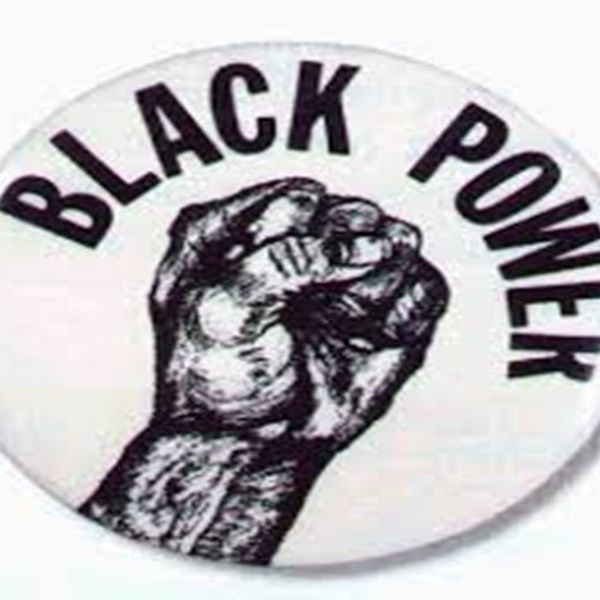In light of the recent grand opening of the National Museum of African American History and Culture and simultaneously of the recent police-involved shootings of Black Americans, I'd like to take a few moments to reflect on what it means to love your blackness in spite of the status quo, have it be it in movies, commercial industries, and legislative bodies.
Firstly, I think it's important make the distinction between appreciating black history and appreciating blackness. Of course, the two should by no means be mutually exclusive, but in my own experience, sometimes it can be easy to appreciate the accomplishments of black folk while putting instilling personal checks on our own behavior in public because we are afraid of being equated with an inferior culture and class. The underlying assumption is that black folk have toiled and labored tirelessly to uplift future generations of black follk. While we can admire their accomplishments, their deeds should be neatly tucked away in a keepsake box and we should move forward as assimilated Americans.
The most visible and tangible example of this has been dubbed African American Vernacular English (AAVE), or simply Ebonics. Ebonics has, and still is, perceived as uneducated, unprofessional, and low-class, even though among many black circles, the use of Ebonics is a conscious choice and not a lack of capacity for so-called "proper English." Linguists have urged the public not to confuse language with proper grammar, both of which change over time and vary between different regions.
For example, the infamous double-negative (i.e. "I'm not doing nothing") has been widely deemed as grammatically incorrect, but historically, especially in the northern English regions, the double-negative was perfectly grammatical and only served to intensify one's intent of not doing or speaking a matter. Similarly, Ebonics, historically spoken by members of the black working class, characterizes a correct thought in an unconventional manner of speaking.
As an English major, I have often fallen into the trap of impersonating a "Grammar Nazi," but as I have grown more knowledgeable in the field and have studied the linguistics of African-American literature, I have allowed myself the leisure of comfortably adopting slang into my own daily discourse. Granted, I could never revert to full AAVE, since I never grew up with it, and it sounds strange even to my own ears. Additionally, in terms of the professional world, I recognize that we must be realistic and learn how to switch our diction on and off if we want to be successful.
Of course, as I have stated before, there is no one universal, streamlined way to be black. Nevertheless, we should know that we are great not in spite of our cultural and historical distinctions, but because of them. No longer should I have to worry about how big I wear my hair or how often I wash it for the sake of white comfort. I don't have to be made to feel uncomfortable talking about why "Wash Day" affects every other element of my day or how my bantu knots don't come out the way I want them to because I'm impatient. If others feel uncomfortable when I curls are popping, then that is a reflection on them, and not on myself.





















